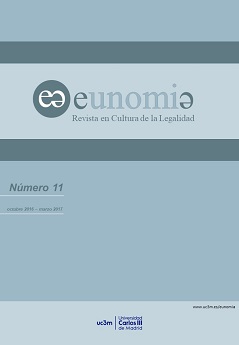Comity among Authorities
Abstract
An authority often needs to decide whether to go along with adecision of another authority, in order to carry out its own responsibilities.The relevant considerations vary widely among different contexts, but thereare some general principles of the approach that authorities ought to taketowards the decisions of others. The most important is the principle ofcomity: that the authority passing judgment (I call it the ‘second authority’) ought to act in a way that respects the capacity of the other (the ‘first authority’) to carry out its own role. A duty of comity is not a duty to trust thefirst authority. It does not require the second authority to approve of thedecisions of the first. It arises not from the rights of the first authority, noreven from the first authority’s success in carrying out its duties, but from the second authority’s duties to those whom the second authority serves, and tothose whom the first authority serves. The reasons for the principle of comitysupport two further principles: that the second authority has limited responsibilityfor justice, and that the second authority has no general duty to agreewith the judgment of the first authority.
Downloads
Eunomía. Revista en Cultura de la Legalidad is a duly registered journal, with EISSN 2253-6655.
The articles published in Eunomía are –unless indicated otherwise– under a Creative Commons Attribution-No Derivative Works 3.0 Spain license. You can copy, distribute and communicate them publicly as long as you cite their author and the journal and institution that publishes them and do not make derivative works with them. The full license can be consulted at: http://creativecommons.org/licenses/by-nd/3.0/es/deed.es




